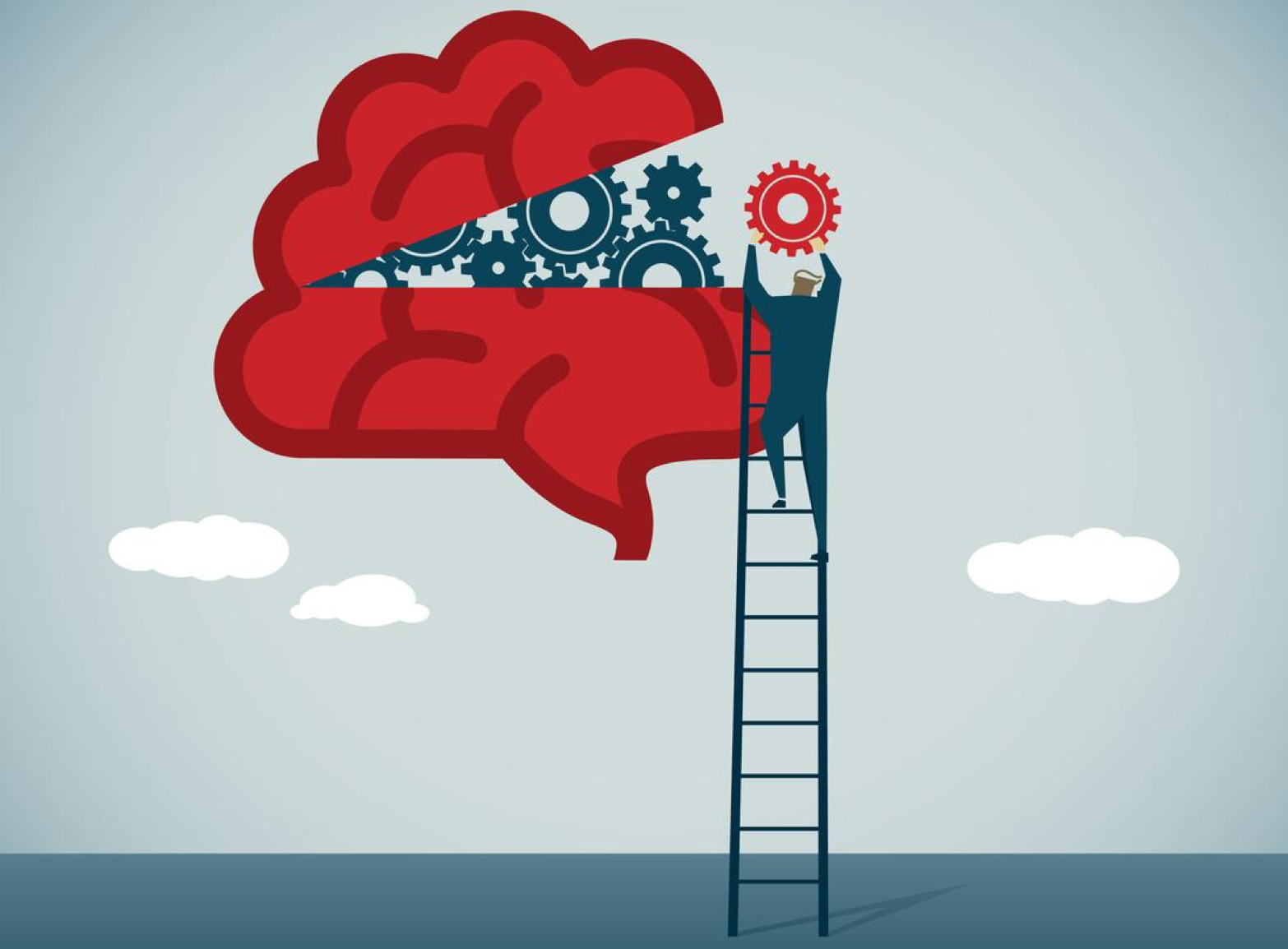7 Nootropics To Boost Brain Power.
Nootropics are natural supplements or drugs that have a beneficial effect on brain function in healthy people. Many of these can boost memory, motivation, creativity, alertness, and general cognitive function. Nootropics may also reduce age-related declines in brain function.
Here are the 7 best nootropic supplements to boost your brain function.
1. Fish Oils
Fish oil supplements are a rich source of docosahexaenoic acid (DHA) and eicosapentaenoic acid (EPA), two types of omega-3 fatty acids. These fatty acids have been linked with many health benefits, including improved brain health.
DHA plays a vital role in maintaining the structure and function of your brain. In fact, it accounts for around 25% of the total fat, and 90% of the omega-3 fat, found in your brain cells.
The other omega-3 fatty acid in fish oil, EPA, has anti-inflammatory effects that may protect the brain against damage and aging.
Taking DHA supplements has been linked with improved thinking skills, memory and reaction times in healthy people who have low DHA intakes. It has also benefitted people experiencing a mild decline in brain function.
Unlike DHA, EPA isn’t always linked with improved brain function. However, in people with depression, it has been associated with benefits like improved mood.
Taking fish oil, which contains both these fats, has been shown to help reduce the decline in brain function associated with aging.
However, evidence for fish oil’s preservative effects on brain health is mixed. Overall, the best way to get the recommended amount of omega-3 fatty acids is by eating two portions of oily fish per week.
2. Resveratrol Nootropics
Resveratrol is an antioxidant that occurs naturally in the skin of purple and red fruits like grapes, raspberries and blueberries. It’s also found in red wine, chocolate, and peanuts.
It’s been suggested that taking resveratrol supplements could prevent the deterioration of the hippocampus, an important part of the brain associated with memory.
If this is true, this treatment could slow down the decline in brain function you experience as you get older.
Animal studies have also shown that resveratrol can improve memory and brain function.
Additionally, one study on a small group of healthy older adults found that taking 200 mg of resveratrol per day for 26 weeks improved memory.
3. Caffeine
Caffeine is a natural stimulant most commonly found in tea, coffee and dark chocolate.
Although it’s possible to take it as a supplement, there isn’t really any need when you can get it from these sources.
It works by stimulating the brain and central nervous system, making you feel less tired and more alert.
In fact, studies have shown that caffeine can make you feel more energized and improve your memory, reaction times and general brain function.
The amount of caffeine in one cup of coffee varies, but generally, it’s 50–400 mg.
For most people, single doses of around 200–400 mg per day are generally considered safe and are enough to benefit health.
However, taking too much caffeine can be counterproductive and has been linked with side effects such as anxiety, nausea, and trouble sleeping.
4. Phosphatidylserine
Phosphatidylserine is a type of fat compound called a phospholipid, which can be found in your brain.
It’s been suggested that taking phosphatidylserine supplements could be helpful for preserving brain health.
Studies have shown that taking 100 mg of phosphatidylserine three times per day could help reduce age-related decline in brain function.
Additionally, healthy people who take phosphatidylserine supplements of up to 400 mg per day have been shown to have improved thinking skills and memory.
However, larger studies need to be carried out before its effects on brain function can be fully understood.
5. Acetyl-L-Carnitine
Acetyl-L-carnitine is an amino acid produced naturally in your body. It plays an important role in your metabolism, particularly in energy production.
Taking acetyl-L-carnitine supplements has been claimed to make you feel more alert, improve memory and slow down age-related memory loss.
Some animal studies have shown that acetyl-L-carnitine supplements can prevent age-related decline in brain function and increase learning capacity.
In humans, studies have found that it may be a useful supplement for slowing the decline in brain function due to age. It may also be useful for improving brain function in people with mild dementia or Alzheimer’s.
6. Ginkgo Biloba Nootropics
Ginkgo biloba is an herbal supplement derived from the Ginkgo biloba tree. It’s an incredibly popular supplement that many people take to boost their brain power, and it’s available in stores and online.
It’s thought to work by increasing blood flow to the brain and is claimed to improve brain functions like focus and memory.
Despite the widespread use of ginkgo biloba, results from studies investigating its effects have been mixed.
Some studies have found that taking ginkgo biloba supplements can help reduce age-related decline in brain function.
One study in healthy middle-aged people found that taking ginkgo biloba supplements helped improve memory and thinking skills.
7. Creatine
Creatine is a natural substance that plays an important role in energy metabolism. It’s found naturally in the body, mostly in muscles and in smaller amounts in the brain.
Although it’s a popular supplement, you can find it in some foods, namely animal products like meat, fish, and eggs.
Interestingly, creatine supplements can improve memory and thinking skills in people who don’t eat meat.
In fact, one study found that vegetarians taking creatine supplements experienced a 25–50% improvement in performance on a memory and intelligence test.
However, meat-eaters don’t see the same benefits. This may be due to the fact that they are not deficient and already get enough from their diets.





